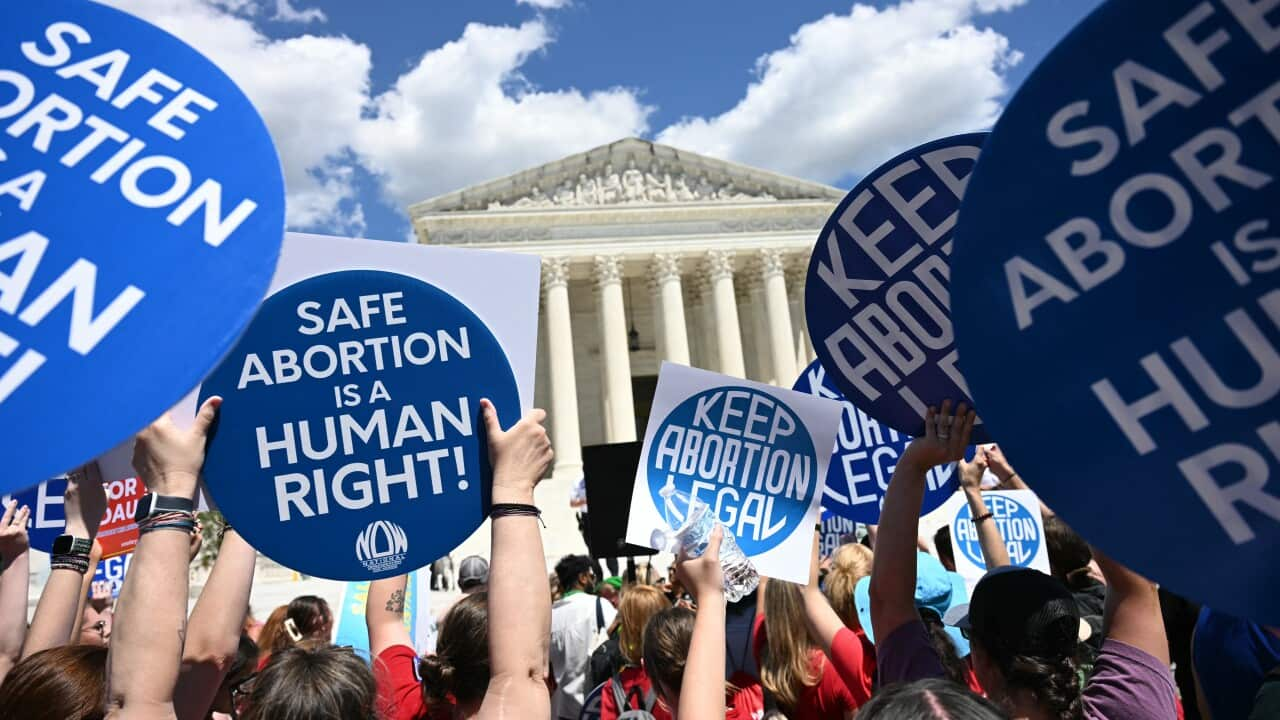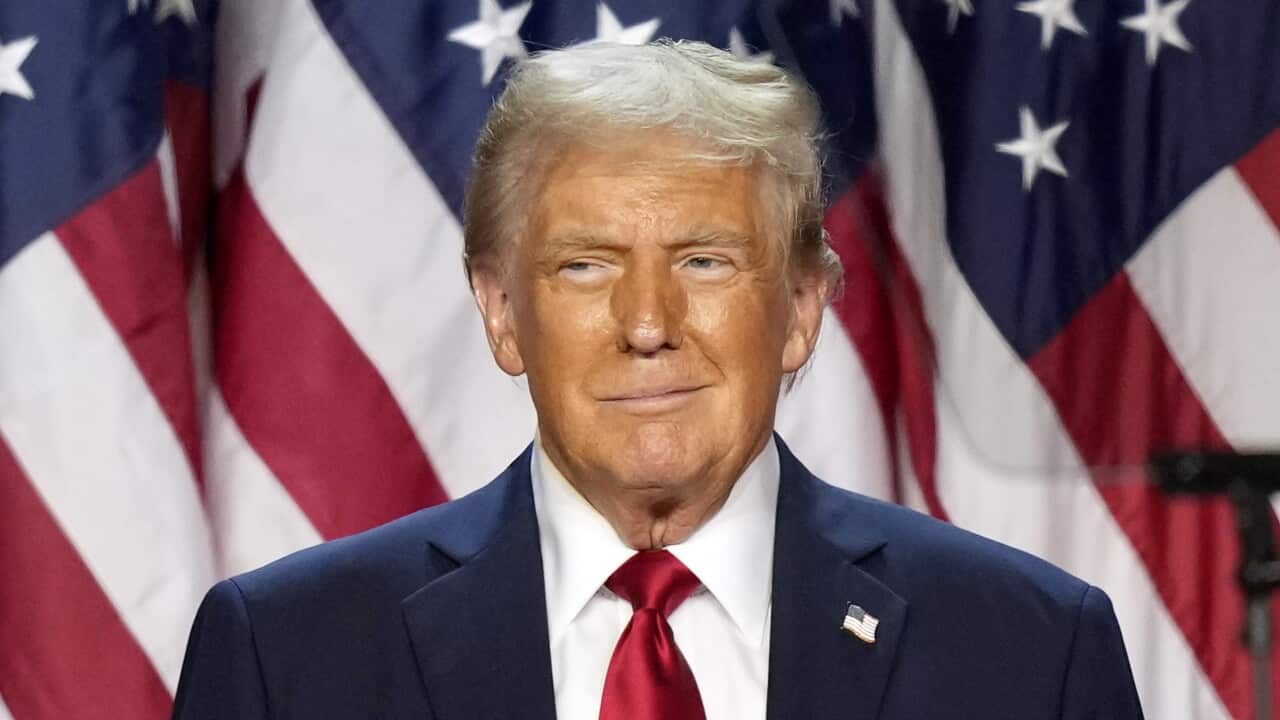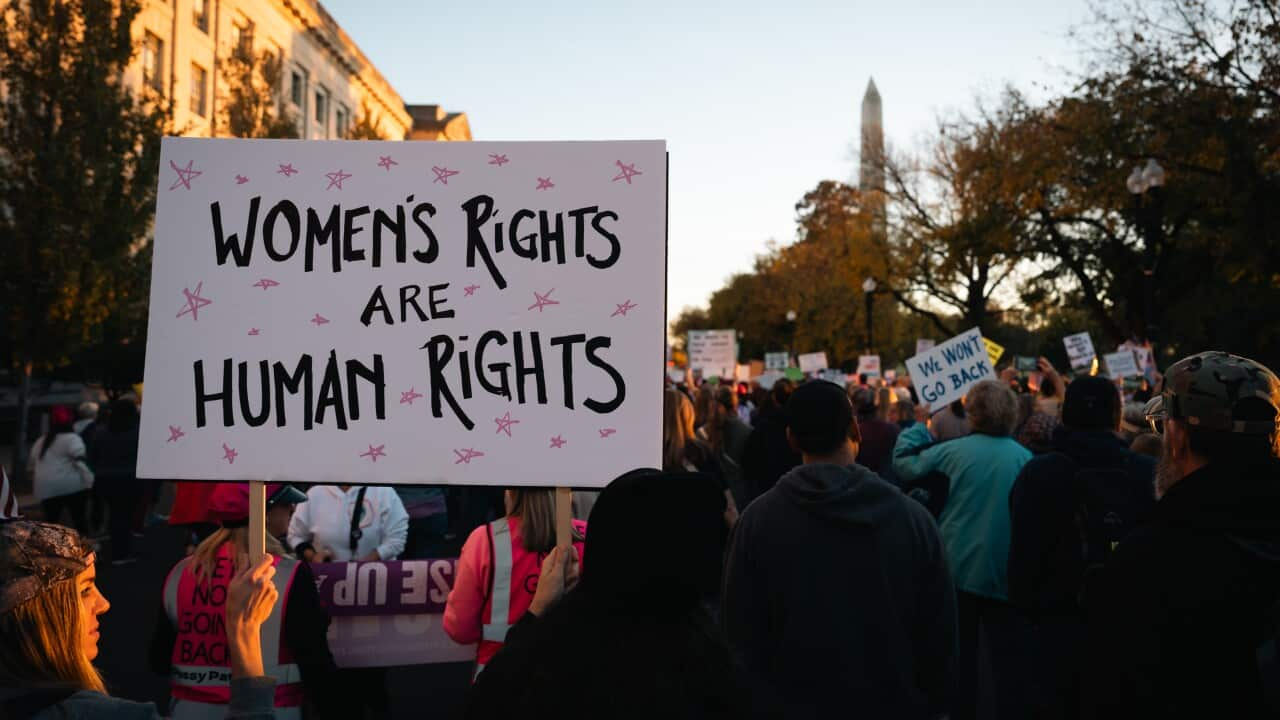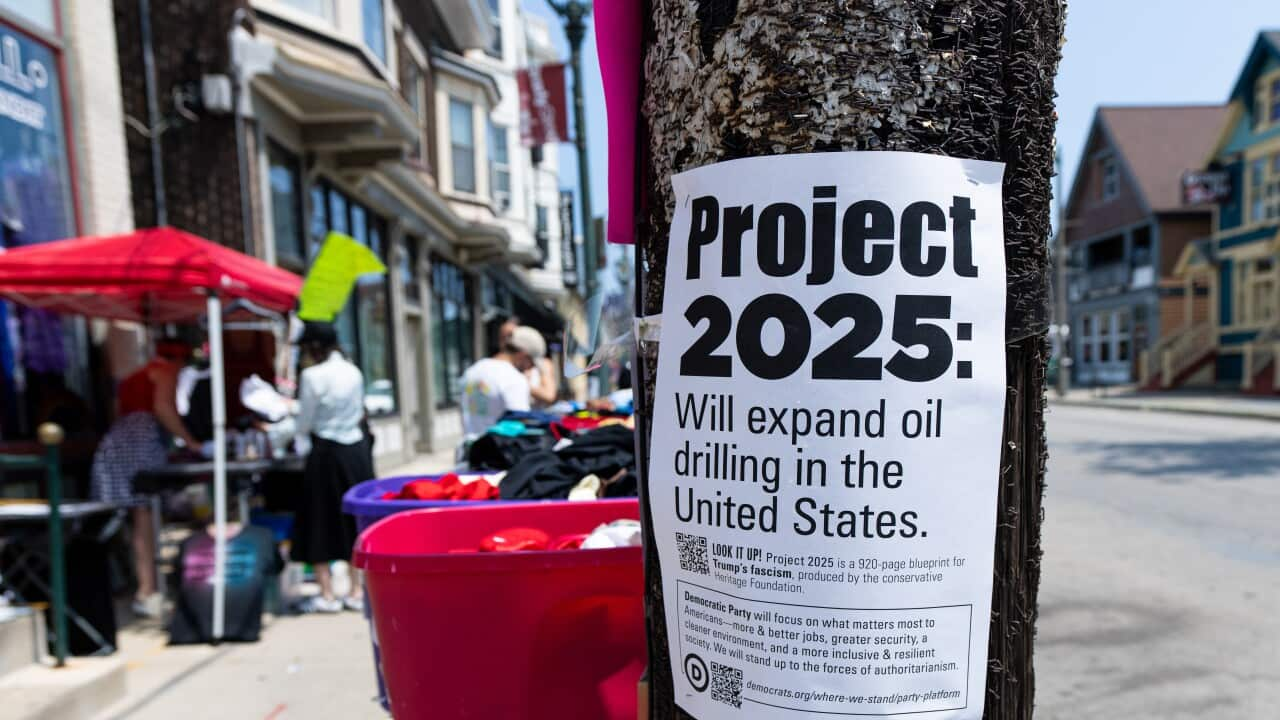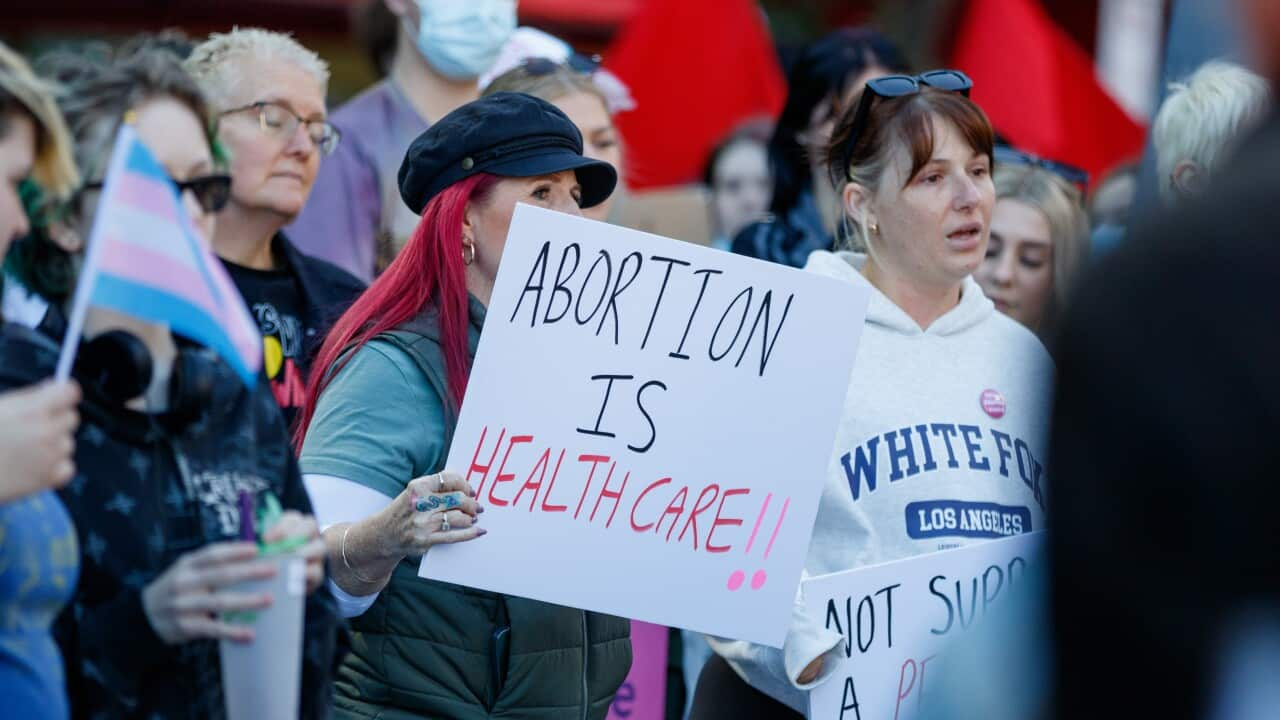United States president-elect Donald Trump hasn't begun his second term yet, but already people are concerned about what it means for reproductive rights around the world.
In the US, there is fear the Trump presidency may be a death knell for abortion rights, prompting a resurgence of the .
Experts are increasingly worried that the administration's stance on reproductive rights could send shock waves through health services around the world because of a controversial anti-abortion policy known as the Global Gag Rule.
What is the Global Gag Rule, and how has it impacted reproductive rights?
The Mexico City Policy — commonly known as the Global Gag Rule — is an anti-abortion policy that cuts foreign aid to organisations providing, supporting or referring patients to abortion services.
The policy was first implemented in 1985 by President Ronald Reagan. It was formulated to ensure NGOs would not "perform or actively promote abortion as a method of family planning" using funds from any source.
Initially, the policy was only targeted towards organisations focused on family planning assistance. However, when Trump took office in 2017, he expanded the policy to include any global health foreign assistance.
It meant that any NGOs outside the US seeking American funding (whether directly or indirectly) could not provide advice, discuss abortion services, or provide options about people's full range of reproductive options — even if they used their own money.
This meant that every global health organisation accepting US funding needed to sign up for the policy, including non-family planning organisations focused on HIV and AIDS treatment, maternal and child health, gender-based violence, and malaria.
Due to it preventing health providers from informing clients of their health options, it was dubbed the Global Gag Rule.
When questioned about the policy in 2019, then-secretary of state Mike Pompeo said: "This administration has shown that we can continue to meet our critical global health goals, including providing healthcare for women while refusing to subsidise the killing of unborn babies."
Why are people worried?
In 2021, President Joe Biden repealed the Global Gag Rule.
But now, there are concerns that President Trump will reinstate the controversial policy, causing international aid organisations using US funding to worry, especially given Trump's messaging on abortion during his presidential campaign.
Trump has previously taken credit for the , which removed a woman's constitutional right to abortion.
During his 2024 campaign, Trump said abortion should be left to individual states and that he does not support a national ban on the procedure.
But there are concerns that abortion access would be restricted and, in some cases, banned.
While Trump has at times hinted at moderation during the campaign, some fear he would adopt championing the Global Gag Rule.
Trump has tried to distance himself from Project 2025.
Who is the most affected by the Global Gag Rule?
During Trump's last term, the Global Gag Rule affected countries already facing severe healthcare limitations, including Asian countries like Nepal and Pakistan.
The Guttmacher Institute reported in 2020 that there was "no evidence of any positive developments" as a result of the gag rule.
Instead, they said it had "devastating impacts at every level".
They said the Global Gag Rule made it difficult for people to access safe, high-quality abortions and limited access to contraception.
Additionally, they said it impeded healthcare providers from being able to provide adequate care, led to cuts in funding for aid organisations that refused to sign onto the gag rule, and was labelled by the Guttmacher Institute as a "dangerous foreign policy".
Australia-based NGO MSI Asia Pacific operates in 36 countries and works to ensure women and girls can access contraception, safe abortion, and reproductive health care.
They say that when the Global Gag Rule was expanded, there were outreach and health system strengthening programs in places like Nepal that were forced to close. Many remaining organisations ceased abortion care, even for rape survivors or those with life-threatening pregnancies.
Tushar Niroula, country director of MSI Nepal, said: "This is an absolutely disturbing period in history, where sadly policy rollback threatens to take away the rights and dignity of women."
"We have seen the brutal impact of such policies before, where women were left without safe access to safe abortion, even in life-threatening situations."
The expansion of the policy to include "sub-recipients" of gagged organisations meant some local organisations would be subject to the policy, simply because of an association with another organisation.

In 2017, Donald Trump expanded the Mexico City Policy, known as the Global Gag Rule. Source: Getty, AFP / Saul Loeb
MSI has said it will never sign the Global Gag rule and that it will provide safe abortion services "wherever the law permits".
However, the policy has meant they lost $120 million in funding and were forced to close down in Uganda and Madagascar.
Abby Maxman, CEO of charity organisation Oxfam America, said Oxfam would take action to protect women's rights.
"[Trump] has stoked the rise of white supremacy and authoritarianism while undermining critical international institutions that provide lifesaving support for people in crisis all around the world."
